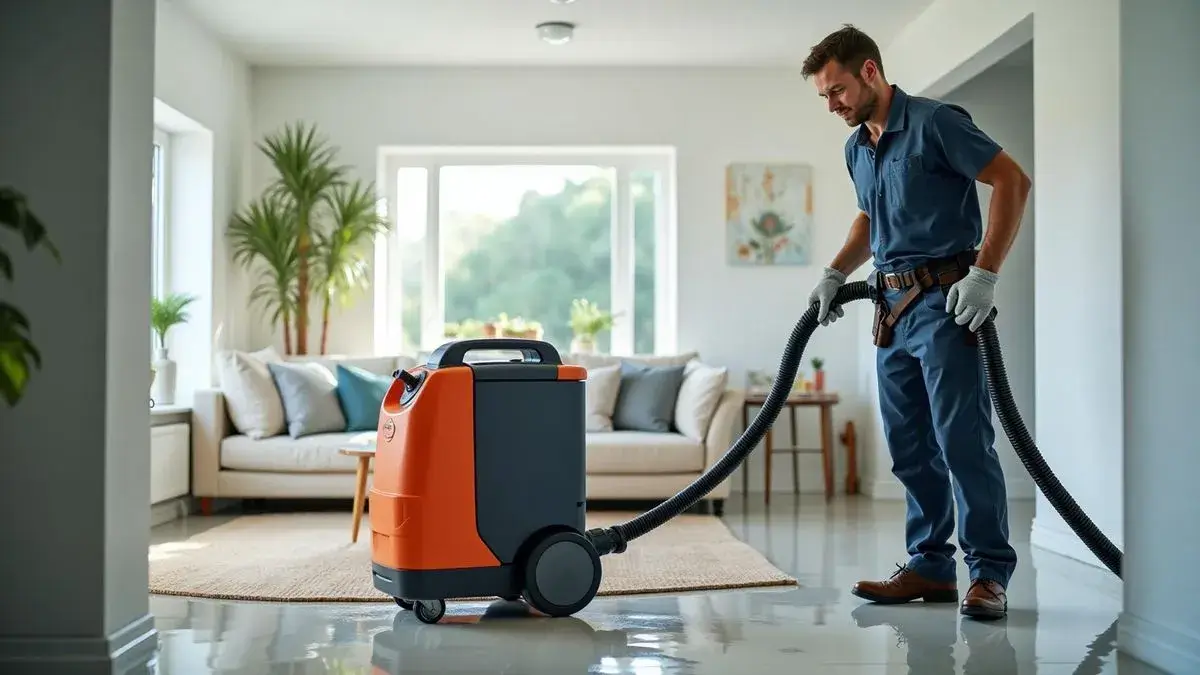Fast Water Damage Restoration
As the largest network of water damage restoration professionals, we help you clean up water damage fast. Storm floods, broken pipes, sewage backups, or overflowing toilets — we extract water and dry your property quickly.

Our Services
Comprehensive water damage restoration and mold remediation services for homeowners across the nation.
Water Extraction
Rapid water removal using professional-grade equipment to prevent further damage and minimize restoration time.
Structural Drying
Advanced drying techniques to thoroughly dry walls, floors, and ceilings, preventing mold growth and structural issues.
Emergency Response
Available 24/7 for immediate response to water emergencies. Fast arrival times to minimize damage to your property.
Mold Remediation
Professional mold inspection, containment, and removal services to ensure a safe and healthy environment for your family.
How It Works
Our streamlined process ensures fast and effective water damage restoration.
Call Us
Contact our 24/7 emergency line and speak with a restoration expert immediately.
Fast Arrival
Local professionals arrive quickly to assess the damage and begin the restoration process.
Expert Work
Water extraction, drying, and restoration performed by licensed and insured professionals.
Complete
Your property is restored to pre-damage condition with quality workmanship guaranteed.
Need Water Damage Restoration Now?
Do not wait for water damage to worsen. Contact our emergency line now and get connected with local restoration professionals.
Call 1-855-321-3350 NowFrequently Asked Questions
Find answers to common questions about our water damage restoration services.